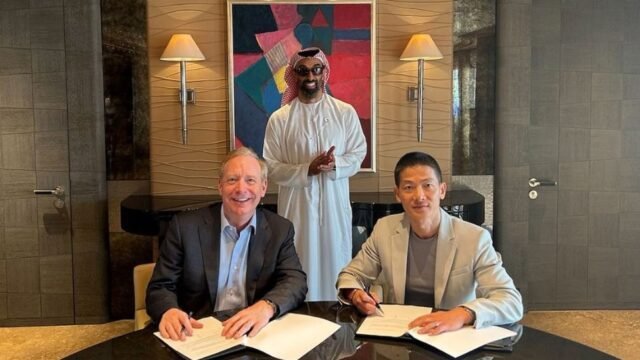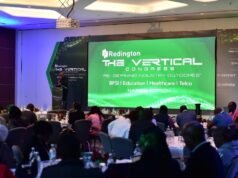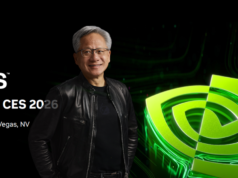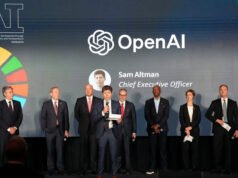In a move that is set to reshape the digital ambitions of the United Arab Emirates (UAE), global tech giant Microsoft and Abu Dhabi-based AI powerhouse G42 have announced a deepening of their strategic partnership. The duo will mobilise a 200 megawatt (MW) expansion of data centre capacity — a major milestone in the UAE’s drive to deploy world-class AI and cloud infrastructure.
The investment comes as part of Microsoft’s broader pledge to channel US$15.2 billion into the UAE by the end of the decade, targeting cloud, artificial intelligence (AI), digital talent and governance frameworks.
Here’s a deeper look at what this means, how it fits into regional ambitions and what Nigerian stakeholders should keep an eye on.
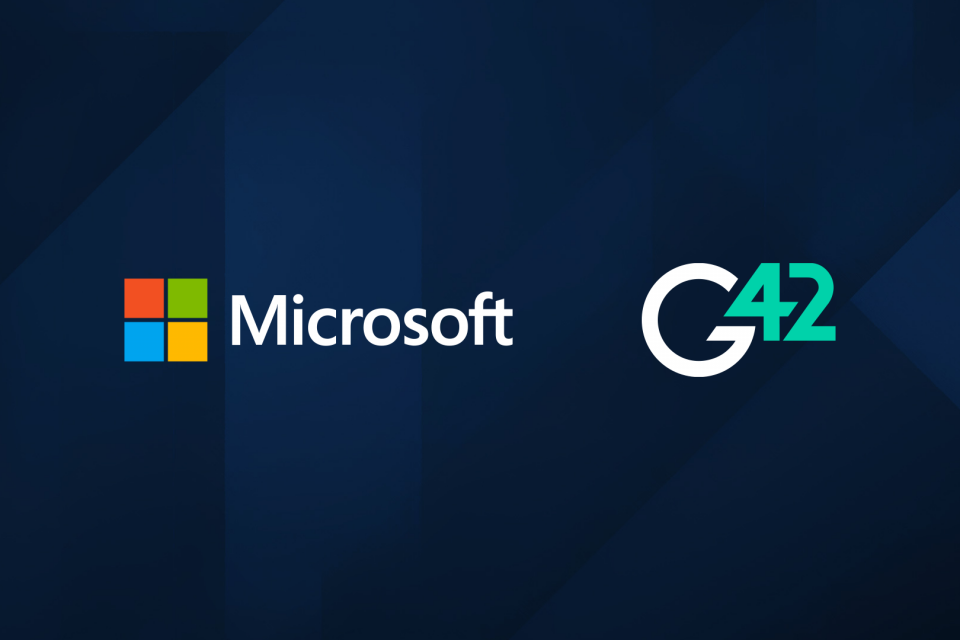
Table of Contents
Joint infrastructure surge: Datacentres, GPUs and talent
At the heart of this collaboration is the 200 MW expansion of data centre capacity, being implemented via G42’s subsidiary Khazna Data Centres. The intention is for portions of this to be online before the end of 2026.
What does this mean in practice?
- Microsoft says the investment is not just about hardware — it combines technology, talent and trust; the firm emphasises the infrastructure will support not only cloud services but advanced AI workloads, according to The Official Microsoft Blog.
- Advanced GPUs (graphics processing units) sourced to power large-scale AI models are already part of the plan: Microsoft disclosed that it had accumulated the equivalent of 21,500 NVIDIA A100 GPUs, with further expansions in train, per Reuters.
- To ensure the right human capital is in place, Microsoft and its UAE partners are aiming to up-skill one million people in the UAE by 2027 — underlining that the infrastructure must be matched by workforce readiness.
For Nigeria (and Africa more broadly), this is a timely reminder that digital infrastructure is moving beyond mere connectivity to region-specific cloud and AI platforms — meaning opportunities for local cloud roll-outs, training, partnerships or even technology transfer may open up.
Strategy behind the strategy: Why the UAE?
The UAE has made no secret of its ambition to become a global AI hub. Its 2031 vision emphasises economic diversification away from hydrocarbons, and technology is central. With this Microsoft–G42 alliance, several strategic threads come together:
- Sovereign cloud & data localisation: The datacentres will bolster secure, sovereign cloud services via Microsoft’s Azure platform, aimed at regulated industries and public-sector organisations.
- Governance & trust frameworks: One pillar of the deal is ethical AI and responsible innovation. The firms co-founded the Responsible AI Future Foundation, alongside Mohamed bin Zayed University of Artificial Intelligence (MBZUAI) to establish a global model for AI governance.
- US-UAE tech diplomacy: The investment is anchored in cooperation between the US and UAE, particularly around export licences for AI hardware. Washington’s approval of chip exports allows this scale-up.
In Nigerian parlance, the UAE is placing a big bet on being the “Silicon Valley of the Gulf,” and global tech names are lining up to help build the ecosystem. This means the country is positioning itself as both a regional anchor and a place for global cloud/AI vendors to deploy.

Implications for Nigeria and Africa
While this announcement centres on the UAE, its ripple effects could matter significantly to Nigeria and the continent at large:
- Competitive benchmark: Nigeria’s digital economy ambitions — for example, via its national cloud strategies or AI policies — must now consider that states like the UAE are deploying vast data centre capacity and high-end AI frameworks. Reflecting on this, Nigerian vendors and policymakers should keep pace with infrastructure, regulation and skills.
- Cloud-and-AI talent push: Microsoft’s commitment to up-skill a million people by 2027 in the UAE highlights a growing expectation that technology rollout is matched by human capacity. Nigerian firms and educational institutions can draw parallels: investments in data science, cloud engineers and AI practitioners will likely pay off.
- Regional collaboration potential: African countries may see new partnerships or spill-over effects. For instance, if Microsoft or G42 develop regional centres or services that cover the Middle East + Africa, Nigerian companies might access tools or infrastructure on a new scale.
- Data governance matters: The UAE-US tie-ups underscore how cloud/AI deals increasingly involve national security, export controls and trust frameworks. Nigeria needs to be prepared for similar governance questions as it expands digital infrastructure: data protection, sovereignty and international collaboration will become more pressing.
By understanding how this deal operates at scale, Nigerian stakeholders can anticipate where the market is heading — and what to do to stay viable and competitive.
What now? Key takeaways and what to watch
To round things up, here are the main takeaways and items to monitor in the coming months:
What to take away
- The Microsoft-G42 deal is more than a press release: 200 MW of data centre capacity is significant, and the $15.2 billion investment figure signals scale-up.
- Partnerships that combine infrastructure + talent + governance are increasingly the model in tech investment.
- Africa, and Nigeria specifically, should pay attention: the digital world is accelerating, and regional players are stepping up their game.
What to watch
- When the data centre capacity goes live (expected before the end of 2026), and how much of it supports AI workloads, this will indicate how “serious” the infrastructure is.
- How Microsoft and G42 deliver on the talent goal in the UAE — because execution will matter, not just announcements.
- Whether the model of sovereign cloud + trusted partnership expands to other regions (including Africa), lessons may flow to Lagos, Abuja or Nairobi.
- Regulatory and governance developments: how the UAE balances fast tech rollout with data/security safeguards — Nigeria can learn from that balancing act.
In a broader sense, what this story tells us in Nigeria is: the digital transformation journey isn’t just about fibre-optic cables or mobile broadband anymore. It’s about cloud regions, AI capability, data sovereignty, cross-national collaboration — and those who adapt fastest will pull ahead.
For Nigeria’s tech ecosystem, the message is plain: invest in infrastructure, invest in skills and invest in trust. Because the next generation of digital platforms won’t just live in server rooms — they’ll live in policy documents, classrooms, boardrooms and cloud stacks. The Saudi or Emirati models might seem distant, but the principles they apply will determine the pace of digital leadership across Africa.
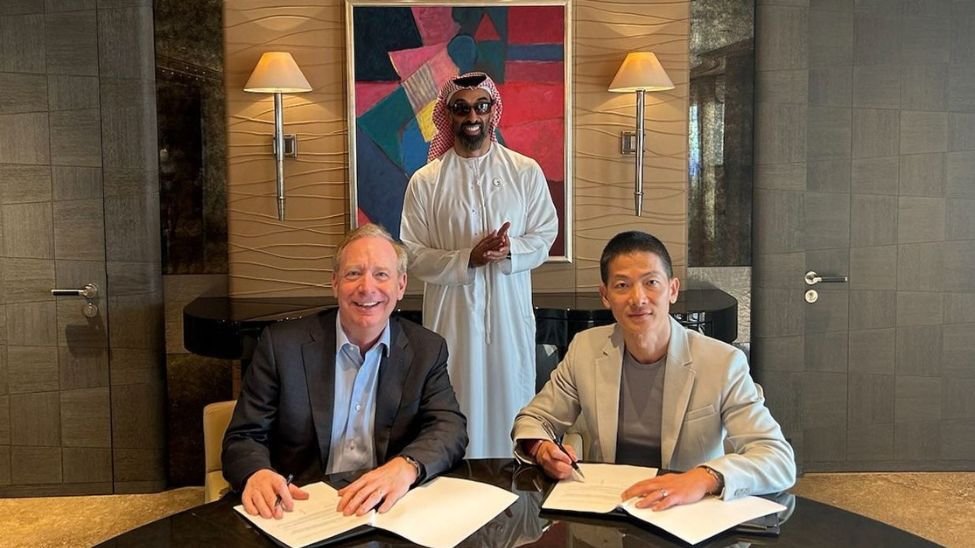
Conclusion
Microsoft and G42’s expanded alliance sets a vivid benchmark. For Nigeria, it’s a call to match ambition with action — in cloud, in AI, and in building a tech ecosystem ready for the future.
Join Our Social Media Channels:
WhatsApp: NaijaEyes
Facebook: NaijaEyes
Twitter: NaijaEyes
Instagram: NaijaEyes
TikTok: NaijaEyes


